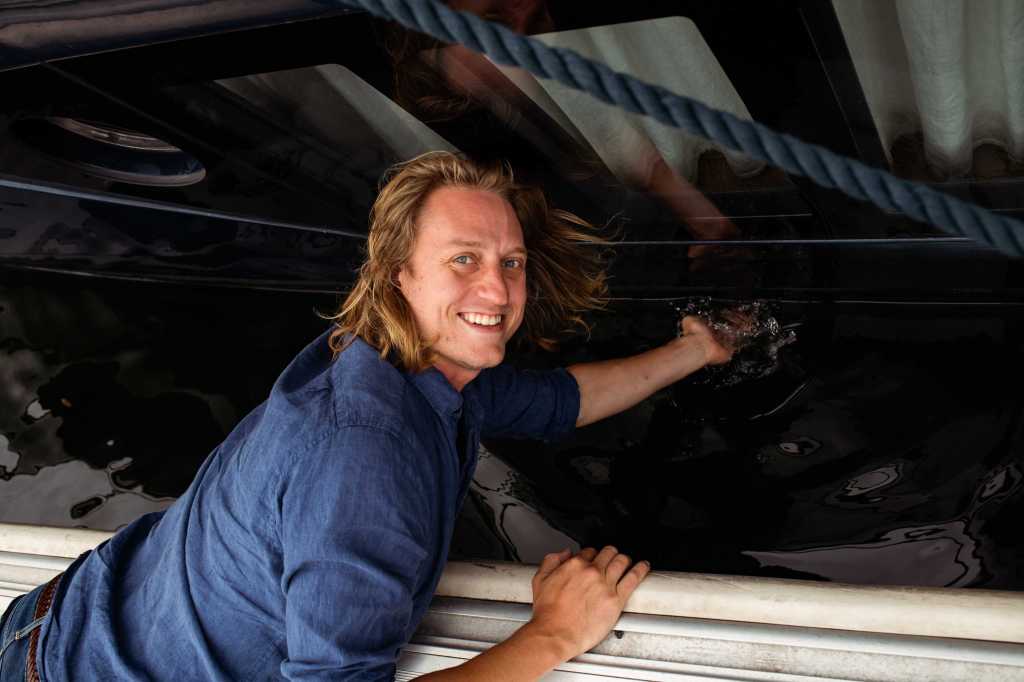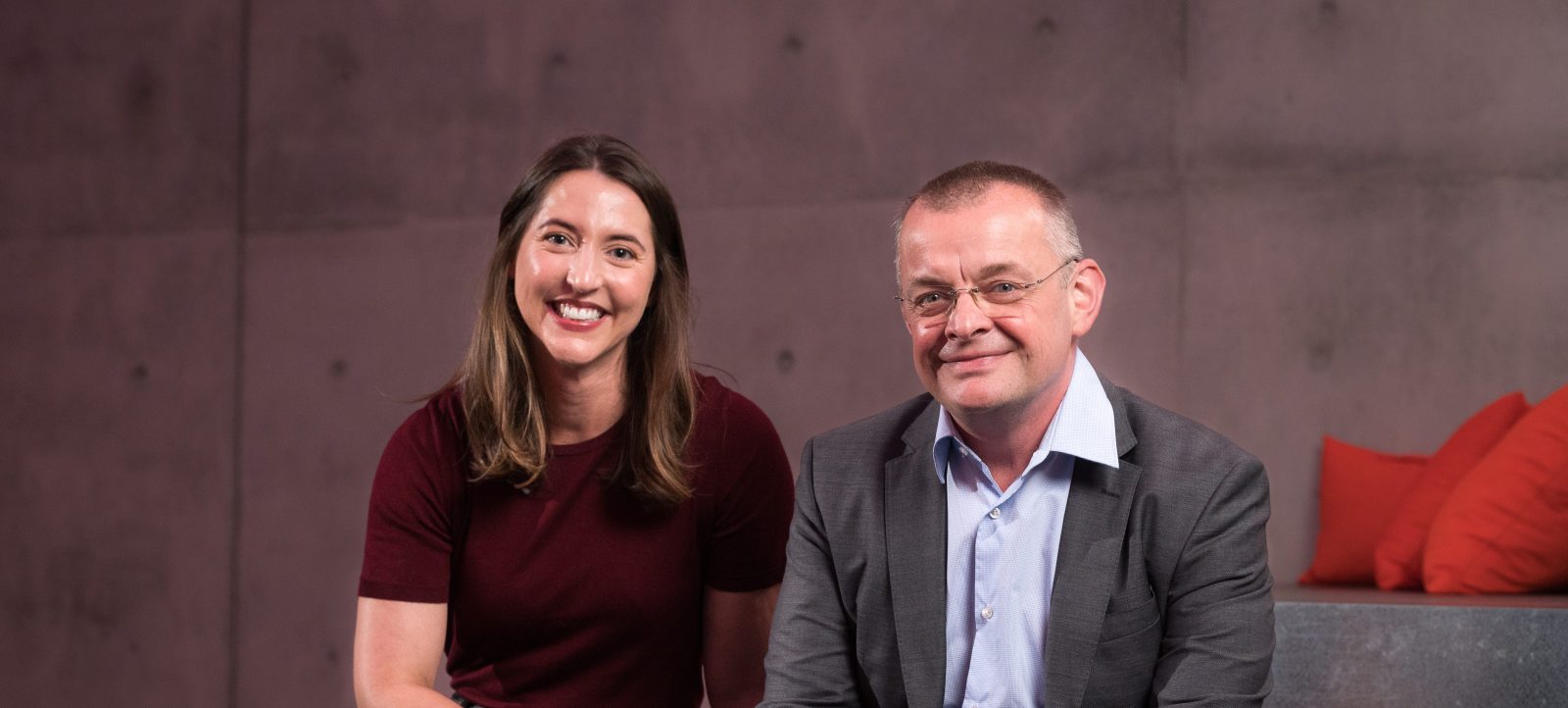Sydney-based Hullbot, maker of autonomous underwater robots that scrub ship hulls, has raised $16 million in a Series A round led by climate-focused funds.

Key Takeaways
- Climate fund Regeneration.VC backed Hullbot because barnacles on boats slow them down and drive up fuel costs.
- Hullbot claims to reduce fuel costs by an average of 15%, and up to 26%.
- Current users of the system include Sydney Ferries and NRMA Marine, but the $16 million raise will go towards taking the company to the world. up to 26% in fuel costs.
- Regeneration.VC was joined in the Series A raise by Katapult Ocean, Climate Tech Partners, Folklore Ventures, Trinity Ventures, Rypples, NewSouth Innovations, Artesian, and Impact Ventures/Ocean Impact Collective.
Key Background
Hullbot CEO Tom Loefler founded the company based on recognising that biofouling was a persistent, costly problem in global shipping. Traditionally, vessels are cleaned infrequently in dry docks, meaning they spend much of their operational life dragging microscopic ecosystems through the ocean.
Hullbot’s approach is to clean early and often, with agile, autonomous robots that can operate underwater.

Hullbot was recently awarded Australia’s Good Design Award of the Year, beating industry heavyweights including Tesla, Hyundai, and Polestar, for what judges called its “scalable innovation and environmental impact”.
Loefler says the capital will help the company “take its impact to the next level,” scaling manufacturing, building out international service hubs, and expanding its robotic systems to handle larger vessel classes.”
It already operates in the US, Mexico, Europe, Singapore, and Australia.
“Hullbot sits at the intersection of shipping efficiency, decarbonisation and ocean health,” Loefler says.
The Hullbot robots use AI and camera-based vision to navigate and clean hulls without human intervention.
The robots clean slime early before harder-to-remove barnacles get a chance to attach. They also perform inspections and create 3D maps of the hull, providing insights into the vessel’s condition and performance.

“Tom Loefler struck us as someone uniquely placed to address this unsolved problem,” said Alister Coleman, partner at Folklore Ventures. “This team of mariners, roboticists and software engineers is tackling a multi-billion-dollar opportunity to decarbonise world-leading fleets.”
Big Number
1,000,000,000. That’s how many tonnes of CO2 emissions the shipping industry generates in a year. If Hullbot can reduce emissions by the average of 15 % it claims, that represents an enormous saving in emissions and fuel costs.
Tangent
Founder Tom Loeffler started his career as a boat builder building houseboats before segueing into industrial design.
Look back on the week that was with hand-picked articles from Australia and around the world. Sign up to the Forbes Australia newsletter here or become a member here.



